By Erich B. Anderson
In 491 bc, heralds sent by Persian Emperor Darius I traveled throughout Greece with a message for each of the city-states of the Greek peninsula. They demanded earth and water from each one as the traditional symbol of submission to Darius’ vast empire. Most of the Greek city-states complied with the demand and surrendered without a fight. But the Athenians hurled the Persian envoys into the barathron, a deep pit reserved for the execution of heinous criminals. Much to the Athenians’ relief, Sparta acted in a similar manner. The Spartans threw the envoys into a deep well so that they could get the earth and water for themselves.
By the beginning of the 5th century bc, the conquests of the great Achaemenid Persian Empire had made it the undisputed superpower of the eastern Mediterranean. After establishing control over an enormous swath of territory throughout Asia, the imperial army forced the submission of Egypt, Phoenicia, Lydia, Ionia, Thrace, and Macedonia. The treatment the Persian envoys received at the hands of the Athenians was not the first time that they had insulted Darius, and the Persian emperor vowed that they would be severely punished for their indiscretions.
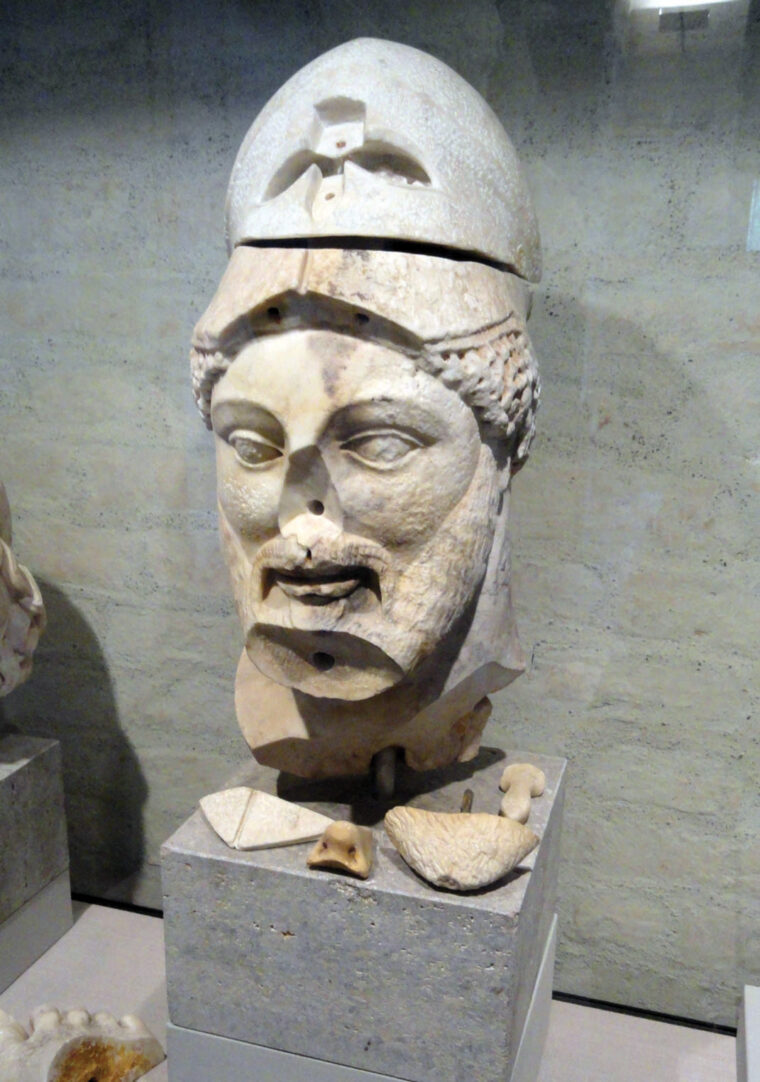
The relationship between Athens and the Persian Empire was first established in 506 bc. While Darius was unaware of the existence of the small city-state at that time, Athens considered Persia the most powerful empire in the known world, especially because of how easily the Persians had dominated Athens’ Ionian Greek brethren across the Aegean Sea on the western coast of Asia Minor. Therefore, when Athens came into conflict with the militaristic Spartans, the city knew without a doubt that the Persian Empire could save them from their hostile neighbor.
Tensions arose between Athens and Sparta at the end of the 6th century because of radical changes made in the Athenian government. Throughout the second half of the century, the tyrants of the Peisistratid dynasty ruled Athens to the displeasure of most of the citizens. To completely eradicate tyranny from their city, the Athenians turned to King Kleomenes of Sparta. In 510 bc, Kleomenes came to Athens with his army and forced the Athenian tyrant Hippias to leave the city. Initially, the Peisistratids had come to power as part of a popular uprising against the aristocrats that had previously ruled Athens. Therefore, with the tyrants gone and the Athenians still opposed to oligarchy, revolutionary reforms were implemented within the government, leading to the birth of the first democracy.
Kleomenes and the highly conservative Spartans immediately regretted their role in establishing of such an unnatural form of government. Thus, when Isagoras, an Athenian aristocrat, again requested aid from Sparta to abolish the radical reforms, Kleomenes returned to Athens with an enormous army that included contingents from other allied Greek city-states. As the Spartan king led an assault from the west, he persuaded the Chalkidians and Thebans to invade northern Attica. It was in the face of this immense threat that the Athenians decided to send a delegation to Artaphernes, the governor of the westernmost province of the Persian Empire, at his capital city of Sardis in Asia Minor. The Persian satrap demanded earth and water. Desperate for military relief, the Athenian envoys promised to submit.
Dissension broke out at the Spartan camp among the other Greek forces. Once the contingents from the other city-states learned that their ultimate goal was to destroy the fledgling democratic government of Athens, many refused to follow through with the campaign. Chief among the dissidents were the wealthy Corinthians, who greatly relied upon their alliance with the Athenians to keep the rival city-states of Megara and Aigina from interfering with their lucrative trade industry. After Corinth abandoned the cause, most of the Greeks followed suit, even a faction of the Spartan forces. In failure, Kleomenes returned to Sparta. Since Chalkis and Thebes had already invaded Attica, the Athenian army then focused all of its attention on them and completely crushed both armies. The victory against Chalkis was so decisive that the Athenians confiscated large tracts of land from the city’s aristocrats and settled 4,000 of their citizens in a new colony established there.
When the Athenian ambassadors returned from Sardis they not only found their city safe, but also realized that they had made a huge mistake in submitting to Persia. Their fellow countrymen stressed that they were only to request an alliance with the empire, not to surrender the city’s sovereignty. Therefore, Athens sent another message to Artaphernes stating that the envoys acted on their own accord and did not have permission to accept Persian domination. Understandably, the satrap was not pleased. Since Hippias had come to Sardis to request Artaphernes’ assistance in reclaiming his city, the satrap told the new embassy that all would be well between them if they allowed the tyrant to return. The Athenians rejected the offer. With that, the relationship between Athens and Persia completely deteriorated.
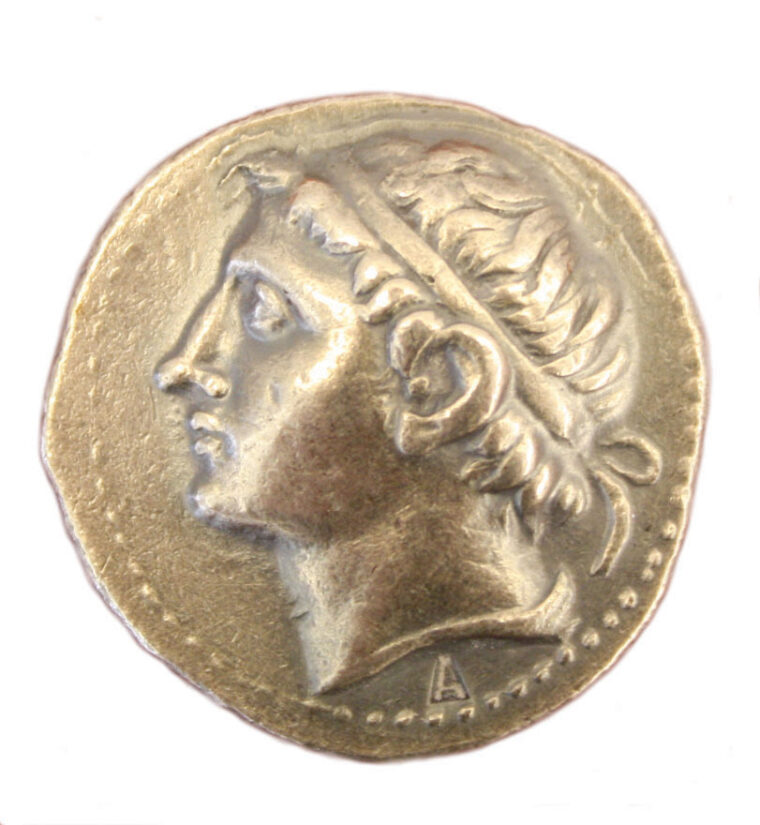
The Persians would have made Athens their primary focus if it were not for the outbreak of the Ionian Revolt in 499 bc. No longer willing to be subjects of the empire, the Ionian Greeks expelled the Persian-backed tyrants of their cities and began to mobilize their armies and navies to secure their independence. The Ionians knew how fierce the struggle with the Persian Empire would soon become, so they sent their leader, Aristagoras, to the free Greeks of the mainland to plead for help. Kleomenes nearly pledged his support until he was made aware that it was a three-month march inland to reach the Persian capital of Susa. No Spartan was willing to travel that far away and risk a rebellion of the helot serfs who farmed their land. Kleomenes therefore declined to assist the rebels.
Athens and Eretria pledged their support with 20 warships supplied by the former and another five by the latter, along with more than 1,000 soldiers. Given the hostility Artaphernes expressed toward Athens, it was no surprise that the city agreed to help, while Eretria joined because it was a firm ally of the Athenians. Since the city-state was located on the large northern island of Euboia right next to Chalkis, the bond between Eretria and Athens was strengthened to oppose their mutual enemies.
In the spring of 498 bc, the allied Greek army gathered at the Ionian city of Miletos. From there, the Greeks quickly carried out an assault on Sardis before the Persians were able to assemble their forces. Caught completely off guard, the people of Sardis put up little resistance and only managed to reach the safety of their fortified acropolis before the city was taken by the rebels. As the Greeks were unable to break through the city’s last defenses to capture Artaphernes, a disgruntled rebel soldier decided to set one of the homes on fire. The blaze rapidly spread and nearly engulfed the entire city.
In a panic, the Persians fled the acropolis and rushed to the sanctuary of a large, open marketplace to escape the flames. Night had fallen at this point, so the arrival of an unknown mass of people frightened the Greeks into thinking they were the Persian army come to defend the city. The rebels then fled Sardis just before the imperial forces actually arrived. In the darkness, the rebels scrambled to reach the safety of the city of Ephesus, but they were too late. The Persian army at Sardis relentlessly pursued the Greeks and confronted them outside the city gates. The Greek army was able to form ranks to meet the Persians, but it was to no avail. The Persians crushed the rebel army and slaughtered its soldiers.
The Ionian Revolt continued for several years, but the Athenians no longer took part in it. They may have decided that it was a lost cause, yet more likely Athens was too preoccupied with threats closer to home to participate any further. Not only were the citizens wary of facing attacks from Sparta, Thebes, and Chalkis, but also the people themselves were divided over where their loyalties should lie. Many Athenians still supported a pro-Persian policy and after the disastrous fate of the Ionian expedition against Sardis, this faction vastly increased its influence within the city. Furthermore, another external threat posed by the island nation of Aegina directly to the south of Attica made the Athenians feel surrounded on all fronts. This fueled the desire of many Athenians to make peace with Persia. The rest of the Athenians knew that they would have to deal with Aegina if they were to have any hope of keeping their independence and avoid the Persian yoke.
When the Thebans invaded Athens before the Ionian Revolt, they had requested the assistance of Aegina. The island city-state had been a longtime rival of Athens and was a formidable enemy for it commanded the most powerful fleet in the region. Therefore, the Aeginetans answered the Thebans’ pleas and sent their navy to assault Athens. With great success, the Aeginetan fleet ravaged Athens’ coastline and destroyed the city port at Phaleron. The island city-state did not follow this up with any further major attacks on Athens, but both cities continued to be at war with each other throughout the Ionian Revolt.
In 494 bc, the Ionian Revolt ended with the victory of the Persian navy over the Ionian fleet at the Battle of Lade and the subsequent destruction of the leading Ionian city of Miletos. The next year, the Persian navy further consolidated its hold over the region by capturing the islands of Lesbos, Chios, and Tenedos. In 492 bc, the Persian general Mardonios led a combined naval and land expedition throughout the northern Aegean Sea region. Even though half of the fleet was destroyed in a massive storm, Mardonios still managed to force the submission of Thrace and Macedonia. With the Ionian Revolt over and all of the surrounding territories under Persian control, the city-states of mainland Greece, especially Athens, knew that they were next. Darius may not have been aware of the backwater state at first, but the Ionian Revolt had completely changed that.
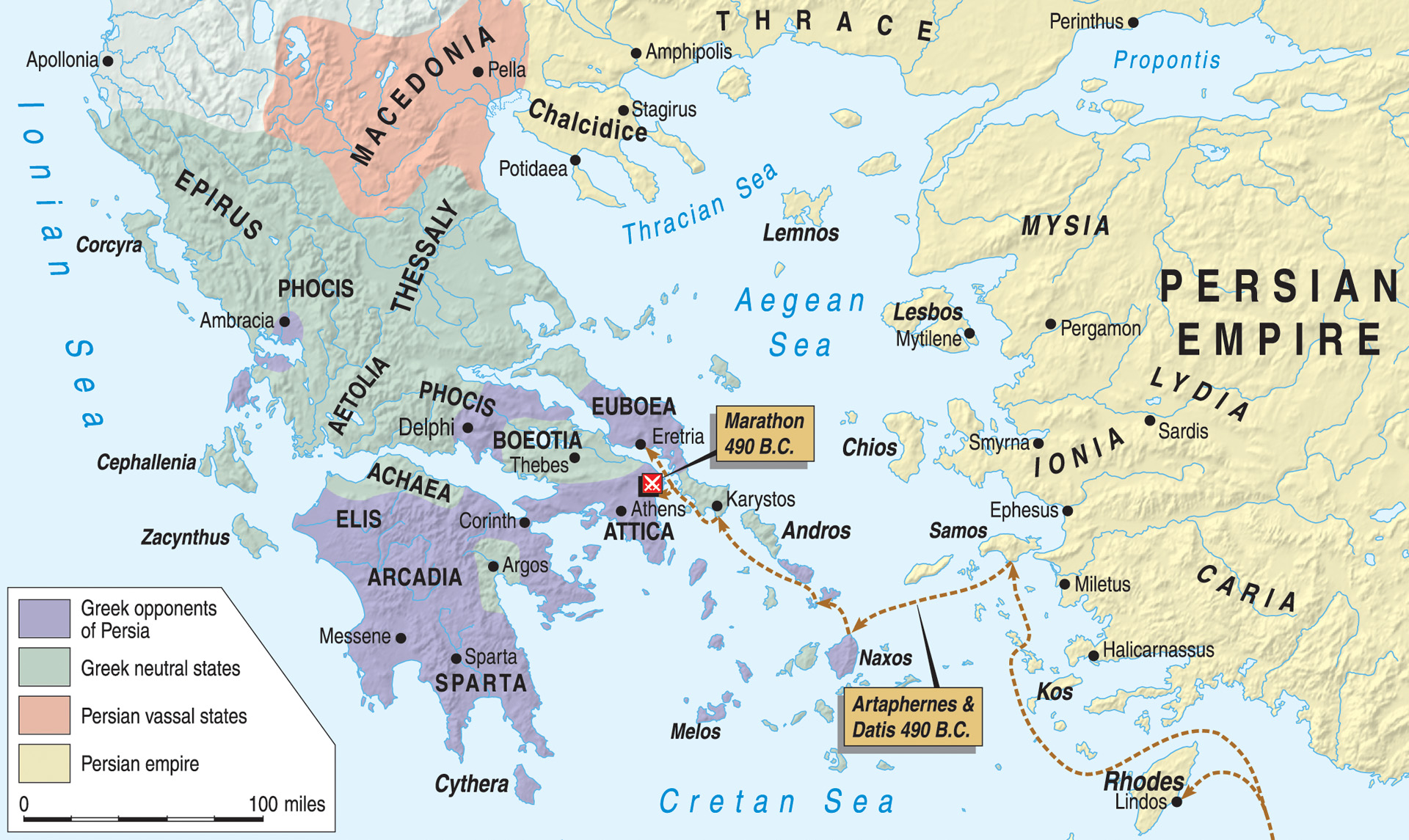
After the Ionian Revolt, Athens had made peace with Thebes and Chalkis but was still at war with Aegina. Then in 491 bc, the threat that the city-state posed greatly increased when the islanders gave the Persians earth and water. After the conquests of Mardonios’ campaign the year before, the Athenians could not risk having a Persian ally so close to them in the south as well. Therefore, despite Sparta’s hostility toward Athens in the recent past, the Athenians hoped the Spartans would set aside their differences to confront the greater threat of Persia. Since Aegina was a part of the Peloponnesian League headed by Sparta, Athens sent an embassy to Kleomenes to make sure he was aware of Aegina’s new pledge of loyalty to Persia. The Spartan king was well aware of the danger and told the Athenian envoys that he would personally deal with the matter.
Accompanied only by the royal guard, Kleomenes forced his way into Aegina and took 10 prominent citizens hostage to keep the city in line. Instead of bringing the captives back to Sparta, Kleomenes brought them to his new ally against Persia, the city of Athens. The Athenians graciously accepted the hostages in the hope that it would put an end to the threat Aegina posed not only to their city, but also to all of free Greece. Yet the issue was not over, for shortly after Kleomenes returned to Sparta, the king died. With his death, Athens instantly lost its main support at Sparta against Aegina. Likewise, with the threat of reprisal from Kleomenes gone, the confidence of the Aeginetans increased dramatically, which led the islanders to demand that the Athenians release their citizens. When the Athenians refused, the Aeginetans retaliated by seizing an Athenian ship filled with important religious leaders returning from a festival. Outraged, the top military commander of Athens, polemarch Kallimachos, gathered the army and led an assault on the island. The fury felt by the Athenians over the treatment of their priests must have been overwhelming because the soldiers swiftly broke through Aegina’s naval defenses and confronted the islanders’ army. The Aeginetans were no match for the Athenians, who brutally swept their army aside. With Thebes, Chalkis, and Aegina subdued and Sparta allied with them, the Athenians were no longer concerned with local enemies and could devote their attention to the inevitable Persian invasion.
While Athens was carrying out the final stages of its war with Aegina, the controversial Athenian citizen Miltiades returned to his city. During the tyranny of the Peisistratids, Hippias had sent Miltiades to become tyrant of the Athenian colony on the Thracian peninsula in 516 bc. When Emperor Darius led one of his first campaigns north of Greece against the Thracians and Scythians in 514 bc, Miltiades took part in the expedition. Miltiades may have been the leader among several Greek tyrants who planned on betraying the Persians; however, it is likely that the tyrant and his supporters later fabricated the story to redeem his name for having served Darius.
Whether or not his allegiance to Darius was sincere, Miltiades did show signs of loyalty to Athens when he captured the islands of Imbros and Lemnos for the city even though they were controlled by the Persian Empire at the time. Miltiades knew the Persians were not pleased with his seizure of the islands, so before Mardonios carried out his expedition, the tyrant gave up his title and planned his escape back to Athens. Once he was back in his homeland, Miltiades received a mixed reception. The ex-tyrant was still respected by the aristocrats of the city and had the favor of the merchants for his diligent support of Athenian trade. But Miltiades also had several powerful opponents. As part of the aristocratic Philaidae clan that included the deposed Isagoras as one of its members, Miltiades was at odds with the fervently anti-aristocratic faction of Athens, particularly the powerful Alcmaeonidae clan that was primarily responsible for the creation of the democratic government. Therefore, Miltiades was put on trial for the crime of ruling as a tyrant.
The moment Miltiades was in contact with his countrymen, he expressed his desire for Athens to resist the Persian Empire. Since he had witnessed the military might of Persia firsthand, the ex-tyrant was an incredibly valuable asset to the anti-Persian faction. For that reason, influential members of the group, such as Themistocles, constantly stressed the need for a commander with his knowledge for the coming clash with Persia. In the end, the Athenians were convinced, and Miltiades was acquitted for his crime.
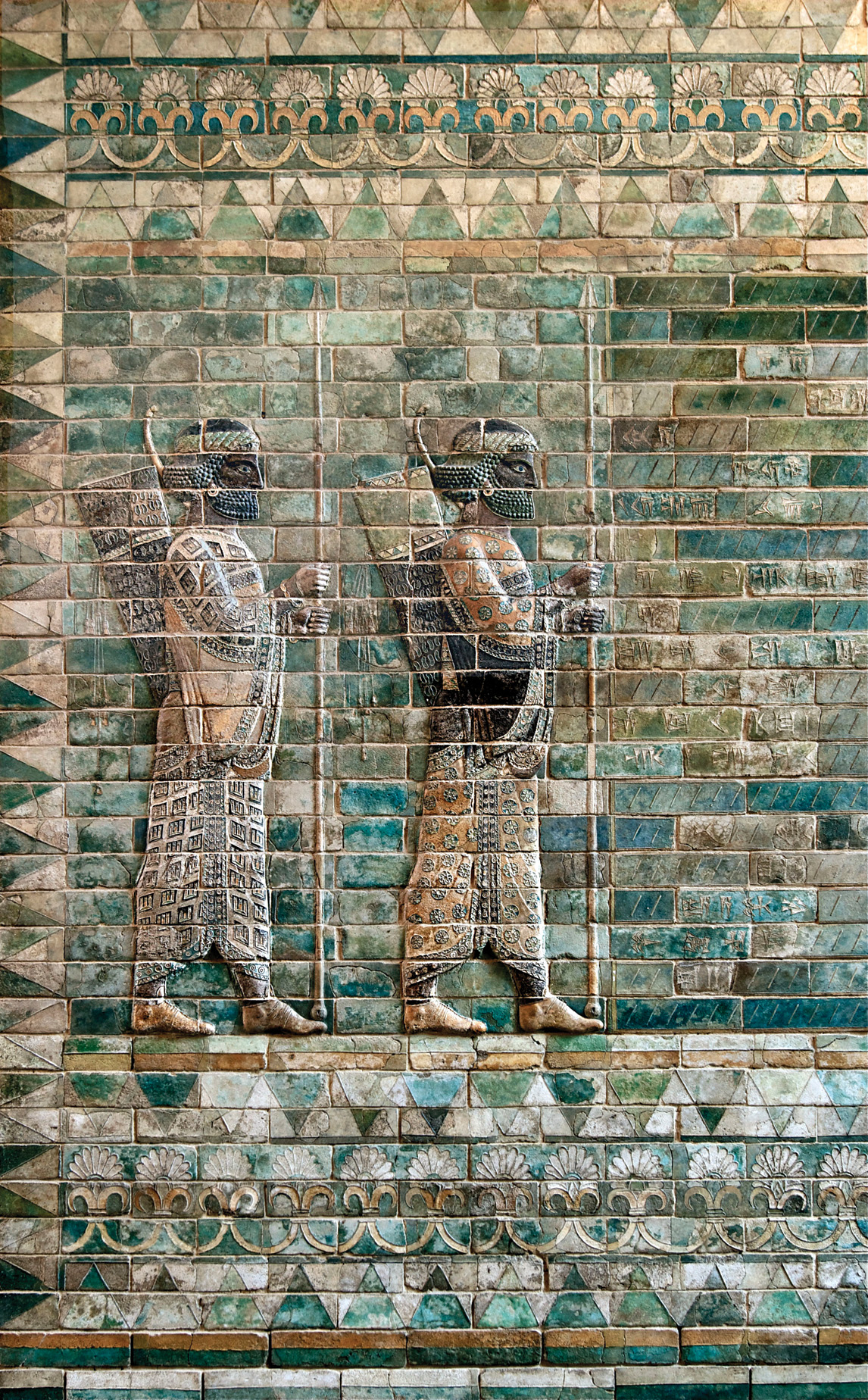
In 490 bc, Darius appointed Datis to lead another expedition west. His orders were to subdue the prominent island states of the Cyclades between Ionia and the Greek mainland, and then punish Eretria and Athens for their participation in the Ionian Revolt. The Persian general brought with him the former Athenian tyrant Hippias, who was to be reinstated to his former position once the city was taken. Datis may have had as many as 600 ships at his disposal, which according to the ancient sources was the standard number for the Persian navy, leaving plenty of room for his 25,000 soldiers to embark. Horse transports also were supplied to ferry a small contingent of cavalry that would not have been more than a few thousand strong.
The first target of the Persian expedition was the island of Rhodes south of Ionia. For several days, the Persian forces besieged the largest city of the island, Lindos, forcing the Rhodians to rapidly deplete their dwindling resources. It did not take long before the Rhodians decided that resistance was futile against such odds and surrendered. After the Rhodians gave him earth and water, Datis was incredibly lenient on them and demanded nothing further than their submission. In an act of goodwill, Datis even dedicated his clothing, jewelry, sword, and luxurious carriage to their temple of Athena.
From Rhodes, the Persian fleet sailed northwest along the coast of Ionia to the island of Samos, possibly in an attempt to confuse the inhabitants of their next target, Naxos, into believing that the destination of the navy lay elsewhere. Naxos was the most prominent state of the Cyclades Islands and had even withstood a minor Persian siege that lasted for four months before the onset of the Ionian Revolt in 500 bc. This time, the Persian ruse worked, so by the time the Naxians realized the fleet was headed straight for them, the islanders were caught completely off guard and did not have the time to prepare for the invasion. Instead of hiding behind the city walls, the Naxians fled to the countryside to hide in the mountains, hoping that the Persians would not take the time to find them. While some of the islanders managed to evade the imperial forces, others were captured and enslaved. The city of Naxos was then burned to the ground before the expedition continued.
Assuming they were next in line for the Persian forces, the Delians deserted their island for the safety of nearby Tinos. The people of Delos knew they had no chance to resist a Persian siege, nor was there any place on the island that they could hide. However, Datis had different plans for the religious center. Ordering most of the fleet to anchor at Rhenaia, the imperial commander landed on the island with only a small entourage, dismayed to find it empty. Datis then sent heralds to the Delians, assuring them that they could return to their homes and would not have to endure any harassment from his army. Both he and his emperor only wished to show their great respect for the altar dedicated to the gods Apollo and Artemis and to prove this, Datis made offerings like he had on Rhodes.
Datis not only donated his gold necklace, but also offered an enormous amount of frankincense. Datis remained on Delos for a week as he oversaw a substantial amount of the offering burned on the altar, sending a thick column of smoke up toward the sky. The smoke from the burning of Naxos and his offering sent a clear and terrifying message to the Greeks of the mainland that the Persians would arrive soon.
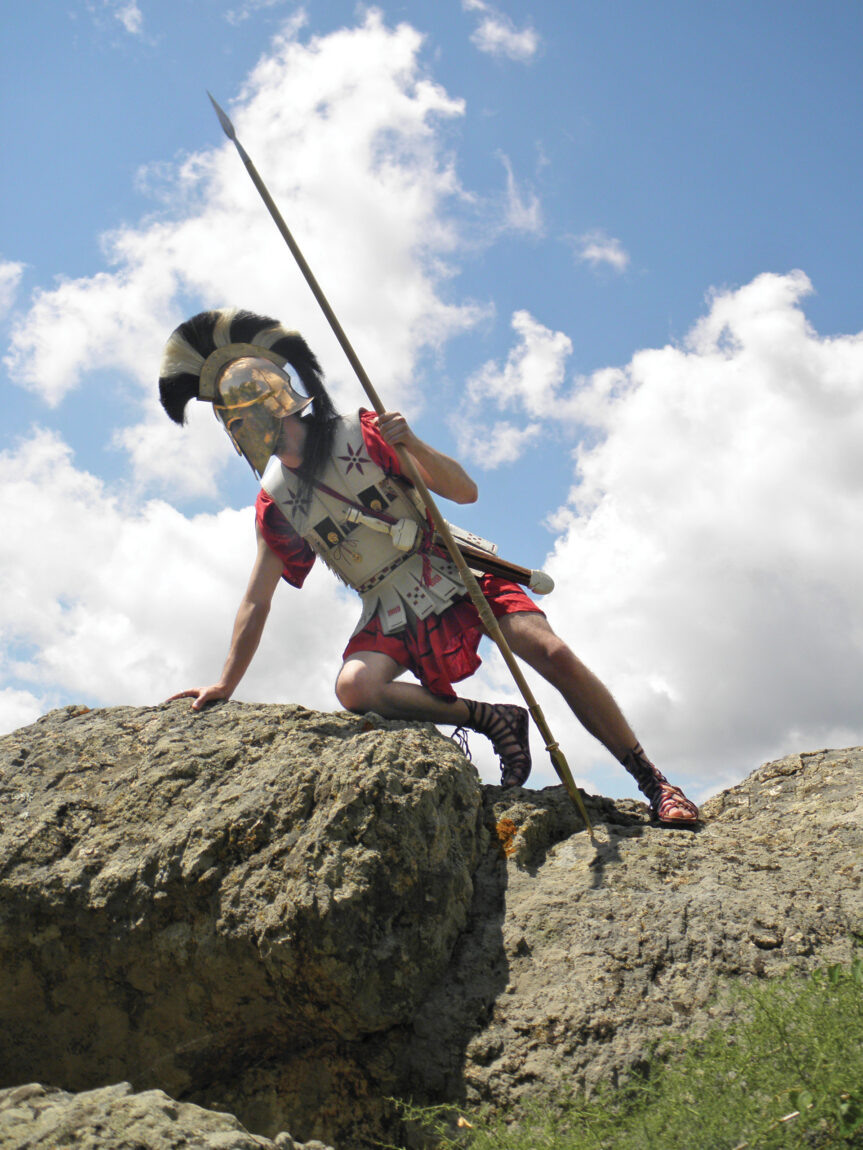
As for the remaining islands of the Cyclades, Datis’ presence alone was enough to confirm Persian hegemony over them. The population of the remaining islands offered little to no resistance. Some of the Greek islanders, such as the Parians, displayed their allegiance by joining the Persian forces; however, when the Persian expedition reached the large island of Euboia, fighting erupted once more. The city of Karystos on the southeastern tip of the island resisted the invaders behind the safety of their walls, but the fortifications were not enough. The Persians quickly devastated the countryside and assaulted the defenders to such an extent that the Karystians were forced to surrender. Because of the damage he had already caused and for the short amount of time it took for Karystos to submit, Datis ordered that no further harm be done to the city or its citizens.
Datis was then able to attack the next major Greek state that had defied his emperor, Eretria. Once the Eretrians learned that the Persians were approaching their city, they immediately appealed to Athens for aid. Unwilling to send a substantial force and leave their own city vulnerable, the Athenians ordered the colonists inhabiting the lands taken from Chalkis in 506 bc to support Eretria. Along with the 3,000 Eretrian hoplites already in the city, the colonists would have increased the allied forces to as many as 7,000 soldiers if it were not for the chaotic situation in Eretria. Since they faced such overwhelming odds, many Eretrians did not want to resist at all. They preferred either to surrender outright before any fighting occurred or to flee into the surrounding hills for protection. Realizing the dire situation within his city, Aeschines, a prominent Eretrian citizen, alerted the Athenians that the defense of Eretria was most likely futile. The Athenian colonists therefore returned to Athens and left Eretria to its fate.
Once the imperial forces arrived, they quickly took control of the coastal regions of Aigilia, Tamynai, and Choireai before Datis ordered his men to besiege the city. The Eretrians ultimately decided to hold out against the invaders, but the onslaught they faced was fierce. For six days, numerous Eretrians and Persians were slain until two citizens could no longer take the slaughter. These men secretly opened one of the city gates for the Persians and thus received rewards of land from Datis. When they entered Eretria, the Persians sacked the city, burned the temples, and enslaved the populous. After setting sail with the fleet, Datis ordered that the Eretrian slaves be placed on the island of Aigilia before the navy reached its ultimate goal, the city of Athens.
As part of the expedition, Hippias knew the perfect place for the Persians to land and disembark such a formidable force. Instead of landing directly south of Athens near the port at Phaleron, the former tyrant recommended that the Persians initiate the invasion of Attica from the plains of Marathon. Hippias was especially familiar with the area and knew precisely how advantageous it was as a starting place for an assault on Athens. He knew this because it was where his father, Peisistratus, had begun his successful campaign to retake the city after he was ousted from power in 546 bc. First, the bay was protected by Cape Kynosoura, which jutted out from the mainland and offered protection for the fleet from the elements, essentially creating a natural harbor. Second, the expansive plain was ideal for the deployment of cavalry, the key component to the Persian army. Third, the distance between Marathon and Athens meant that the Persians had time to disembark their numerous forces without worrying about attacks from the Athenians since it was only a day’s march to reach the city. Datis wholeheartedly agreed with Hippias’ recommendation, so the navy headed straight for the bay of Marathon.
On August 1, the Persian fleet landed at the northern part of the bay of Marathon known as Schoinias Beach, right beside the shelter of the Kynosoura Peninsula. Over the following days, the Persians worked diligently to disembark the army, horses, and supplies and build a fortified camp. The imperial forces also spread throughout the surrounding countryside to scavenge for further food and resources, destroying homes, killing stray villagers, and burning anything else that they did not deem useful. Well aware of the approaching Persian navy, the Athenians had sent scouts throughout Attica, and most likely through the use of smoke signals, these men alerted the city once the fleet was seen off the coast.

As part of the democratic reforms instituted in the Athenian government, the citizenry was divided into 10 tribes, each with its own annually elected strategos, or general. These generals, who were all prominent citizens, such as Themistokles and Miltiades, immediately gathered with polemarch Kallimachos, the overall commander of the army, to debate their options in the gymnasium of Apollo Lykeios located in the eastern part of Athens. Some of the generals argued that the best course of action was to remain behind the safety of the city walls. Miltiades discounted that strategy and urged the other commanders to march out with the army and confront the Persians on the battlefield. Ultimately, he managed to make a convincing case, arguing that the act would not only rally their own hoplites but their audacity might also intimidate the imperial forces. With the decision made to fight, the war council’s next action was to send a herald to Sparta and the other Greek city-states urging them unite with them.
With his incredible speed and stamina, Philippides was chosen to run the incredible distance of around 150 miles from Athens to Sparta. The rough, mountainous Greek terrain was unsuitable for horseback riding, which meant that runners were the preferred method of exchanging messages. More importantly, Philippides was prepared for the amazing feat he was expected to accomplish. The exhausted messenger must have been partly disheartened when he reached the Peloponnesian city where he received mixed news from the Spartans. The council of elders, who held authority even over Sparta’s kings, agreed to help their new allies against the Persian menace, however, the Athenians would have to wait. The elders adamantly refused to allow hoplites to leave on campaign during the Karneian religious festival, which ended on August 9. The Spartans were an extremely religious people and would not be budged from this decision. Therefore, when Philippides returned to Athens on August 4, he had to deliver the bad news that they would have to wait over a week before the Spartan army would reach them.
Regardless of the danger of facing Persia alone, the Athenian commanders assembled the army at night. Then, the 9,000 Athenian hoplites, along with supporting light infantry, armor bearers, and various other servants, marched the roughly 26-mile route through Pallene and around the southern edge of Mount Pentelikos to reach the plain of Marathon from the southeast. By the morning of August 5, the Athenian army reached the sanctuary of Herakleion and rapidly constructed a fortified camp to block any overland routes to Athens, using the surrounding forest as further protection from Persian cavalry attacks. Kallimachos and the other generals also observed the Persian forces, and there is no doubt that they would have felt intimidated at the sight of three times as many men as they had. However, the Athenian commanders were delighted to find that Datis had assembled his forces at the end of a bottleneck with his camp on a narrow strip of land between the sea and the Great Marsh. If the Athenian infantry somehow managed to break through the Persian lines and rout the enemy, the Persians would have nowhere to run and those who could not reach their ships would most likely drown in the sea or the marsh. The spirits of the generals soared even higher that evening when other soldiers approached the camp. The Athenians would not have to fight alone because 1,000 hoplites from Athens’ longtime ally, Plataea, joined the army to increase the heavy infantry to 10,000 men.
Despite the arrival of the Plataeans, not all of the Athenian commanders were confident of victory in the face of such formidable odds. The resolve of these men was tested the next day when Datis offered the Athenians one last chance to submit. The generals were evenly divided, with half rejecting the appeal outright and the others wishing to surrender. Of course, Miltiades was chief among those who still desired to fight and made one last persuasive speech, mostly directed at Kallimachos, whose vote would end the deadlock. Confident in his countrymen’s martial skills, the polemarch agreed to make a stand.
For the next five days, the two armies maintained their positions and closely watched each other. As the Greeks waited for the appearance of the Spartans, Datis did not want to assault their camp because he would be forced to do so without the support of his most valuable asset, the cavalry. Therefore, it was up to the Persian general to break the stalemate before the Spartans arrived. The day after the 5,000 Peloponnesian hoplites were expected to leave Sparta, Datis divided his forces and began to embark a substantial portion back on his ships. The Persian general’s plan was to keep half of his army at Marathon to preoccupy the Athenians while the rest of his forces attacked the defenseless city. Under the cover of darkness, the Persians began by loading the horses onto the transports since it would take the most time to get the frightened beasts on board. Once the Ionians in the Persian army were told Datis’ scheme, they sent messengers to the Athenians to alert them. Exceedingly grateful for the warning, Kallimachos and the other generals decided the next day was the perfect time to strike. Because of his experience with the Persian army, Miltiades was sure he knew how to defeat them, and his tactics for dealing with the numerous Persian archers were spread throughout the Greek forces in the night.
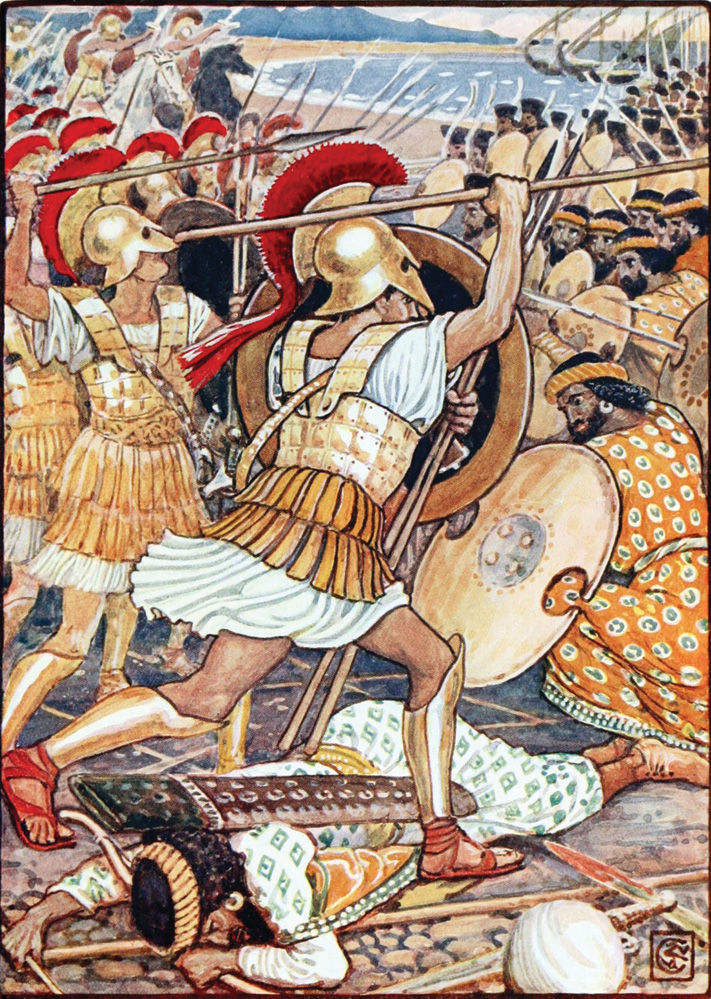
At dawn on August 11, the Athenians and Plataeans marched out of their camp to face the Persian army already assembled across the plain. Most of the Persians had not yet boarded their ships so their forces still outnumbered the Greeks considerably, yet they did not have access to their cavalry. Datis led from the center, the position of honor to the Persians, behind the elite core of the army of 1,000 Persians and 2,000 Sakai infantry. These soldiers would have been arstibara who wielded spears to confront the heavily armored hoplites. The rest of the Persian army comprised thousands of sparabara, archers who were protected by walls of large shields placed in front of them. With the cavalry embarked on the ships, Datis greatly relied on these warriors to rain arrows upon the Greek infantry, thinning their ranks before his greater number of troops could overwhelm them.
To extend the line of his men to equal to that of the Persians so that they would not be overwhelmed on the flanks, Kallimachos ordered that the phalanx of the two tribal regiments in the center to be decreased to four men deep. The remaining eight tribes on the wings, including the Plataeans on the far left, drew up in the traditional eight ranks deep. If the center managed to survive long enough, the polemarch hoped that the wings could drive off the Persians opposite them and then attack the flanks of the center. After final sacrifices were made to the gods resulting in favorable omens, Kallimachos took command from the right wing and ordered his trumpeter to give the signal for the battle to begin.
As the Greeks slowly advanced they began to chant the paian, a hymn dedicated to Apollo, in the hope that the god would grant them victory. Initially, the two armies were separated by a mile but as the Greeks closed the distance, the trumpeters gave another signal and the hoplites began to pick up their pace. As they began to jog, the hoplites ceased chanting the paian and instead started yelling war cries of “Eleleu! Eleleu!” The Persians may have been frightened at the sight of the mass of screaming heavy infantry rapidly approaching them, yet they held their ground and began to rain arrows down upon the Greeks. Yet just before the Greeks reached the effective range of the arrows a few hundred yards from the Persian front lines, the trumpeters gave another signal and the hoplites charged the enemy. Regardless of the heavy weight from their bronze helmets, body armor, shields, and eight-foot, iron-tipped spears, the Greeks ran with incredible speed. Before the Persians could fully comprehend what was happening, the hoplites crashed into their front ranks.
Datis had never witnessed or even heard of Greek hoplites running in full armor and was caught completely off guard. The archers in which he had put so much faith inflicted hardly any damage to the Greeks because of the speed of their charge. Even though the collision resulted in numerous deaths among the Persian forces, their superior numbers helped them to maintain their morale and counterattack. The shallow ranks of the Greek center that faced the elite Persian and Sakai spearmen began to buckle under these attacks but still managed to stand their ground.
The hoplites on the wings had a much easier time of slicing through the light armor of the Persian auxiliaries standing against them, their large, pavise-like shields completely unable to halt the press of the Greek warriors. Before long, the Greeks reached the archers and began to slaughter them indiscriminately. The desperate missile fighters attempted to defend themselves with daggers and short swords, but their arms and armor were no match for the Greek heavy infantry. Unable to withstand the thicker hoplite phalanxes, the Persian wings collapsed and the auxiliary soldiers frantically attempted to flee back to the ships. Many did not make it, however, for the Great Marsh behind them covered too much ground and became a massive deathtrap for hundreds of retreating Persian warriors.

The Persian wings were routed just in time, for the beleaguered hoplites of the Greek center were on the brink of collapse. Therefore, instead of pursuing the fleeing Persians, the Plataeans and Athenians on the wings turned toward the Persian center, reformed their lines, and attacked the flanks of the elite Persian and Sakai infantry. Assaulted on three sides, the warriors of the Persian center broke and followed the rest of their army back to the ships. But the fight was not yet over, for the Greeks would not let the Persians get away so easily. The Greek army pursued the Persians to the coast, where the battle continued ferociously. It was at this stage of the battle that Kallimachos was slain, his limp body pierced with so many spears that it remained upright after his death. The Greeks pressing the assault called to the men behind them for fire to burn the Persian ships, but it was to no avail. The defeated Persian warriors held off the Greeks long enough that only seven ships were captured before the rest of the fleet put to sea.
The victory at Marathon was extraordinary for the Athenians and Plataeans. While only 192 Athenians and 11 Plataeans were killed, they had slain 6,400 Persian warriors. But there was no time for celebration because the Persian navy was on its way to undefended Athens. So even though they were exhausted, the Athenians had to gather their belongings and march back to the city to confront the invaders once again. Thus, after leaving the battered tribal regiments of the Greek center behind to gather and bury the dead, the Athenians marched home. According to legend, the commanders sent another runner, possibly Philippides, ahead to announce the victory and alert the city of the approaching Persian fleet. Upon reaching Athens, the exhausted runner shouted the news and then dropped dead.
Alarm may have spread throughout Athens, but it was short lived for the Athenian soldiers returned to the city hours later. When the Persian fleet eventually reached the city, it saw the same terrifying bronze helmets of the men who had mauled them earlier waiting on the coast. Utterly defeated, the Persian ships turned around and sailed back to their lands. When the Spartans finally arrived the next day, they were overjoyed to hear of the victory and asked to see the battlefield. Once shown, the Spartans expressed deep respect for the martial prowess of their Greek brethren. The Athenians did not crush the Persian Empire at Marathon, nor did they stop all future invasions of Greece from imperial forces. Regardless, both the Athenians and Spartans knew that the Greeks had won a major victory, one that proved that the largest empire of the known world was far from invincible.
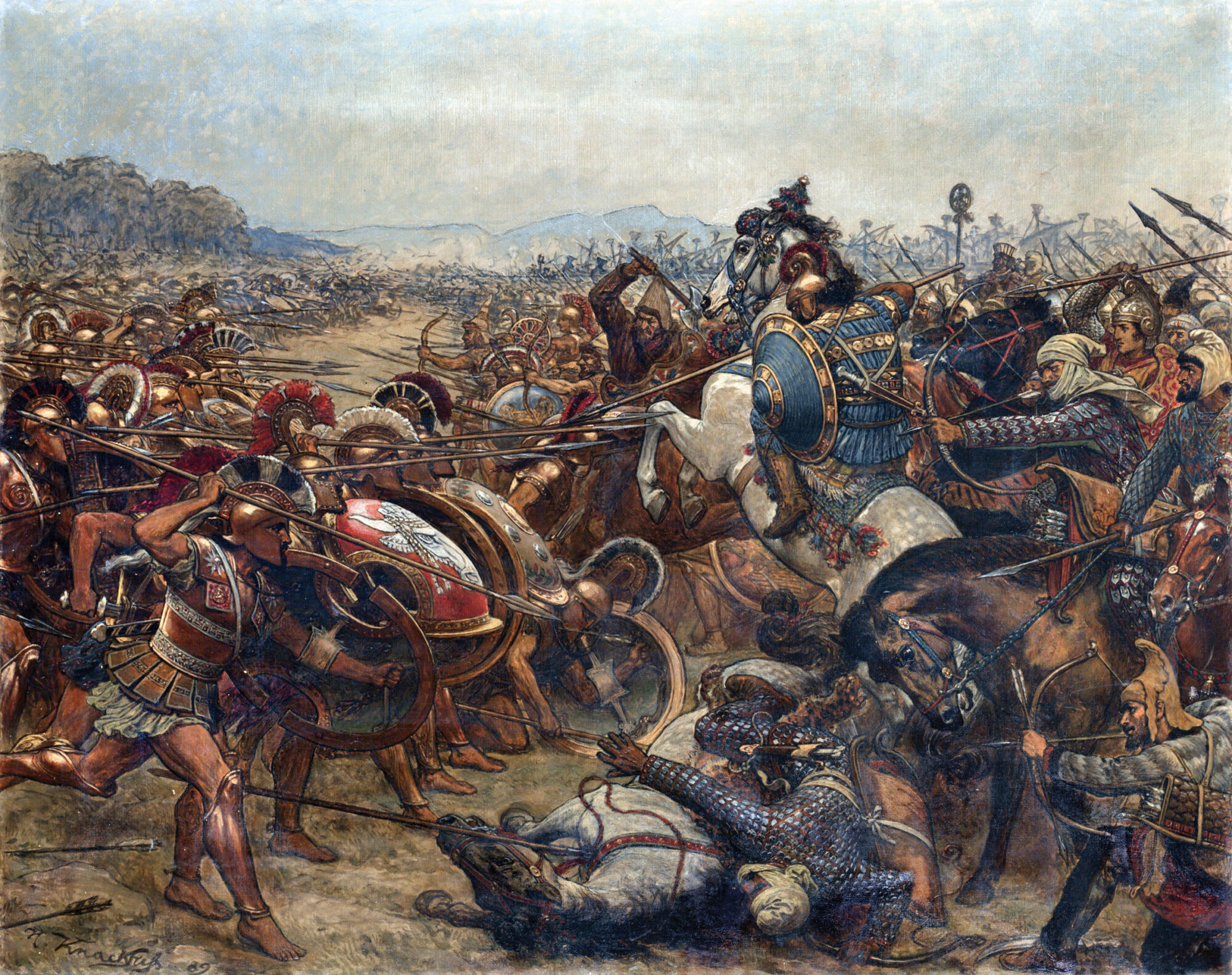
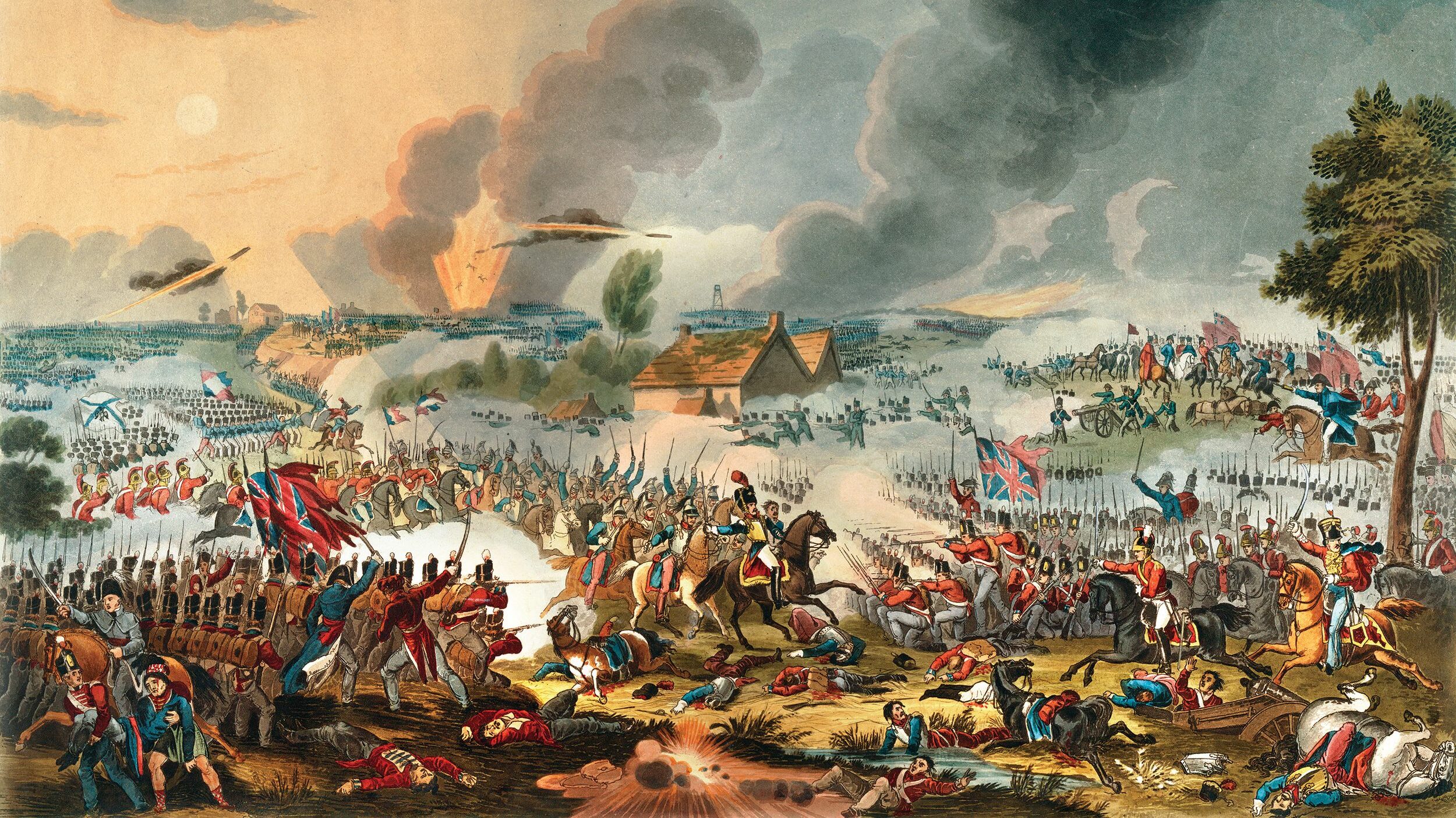

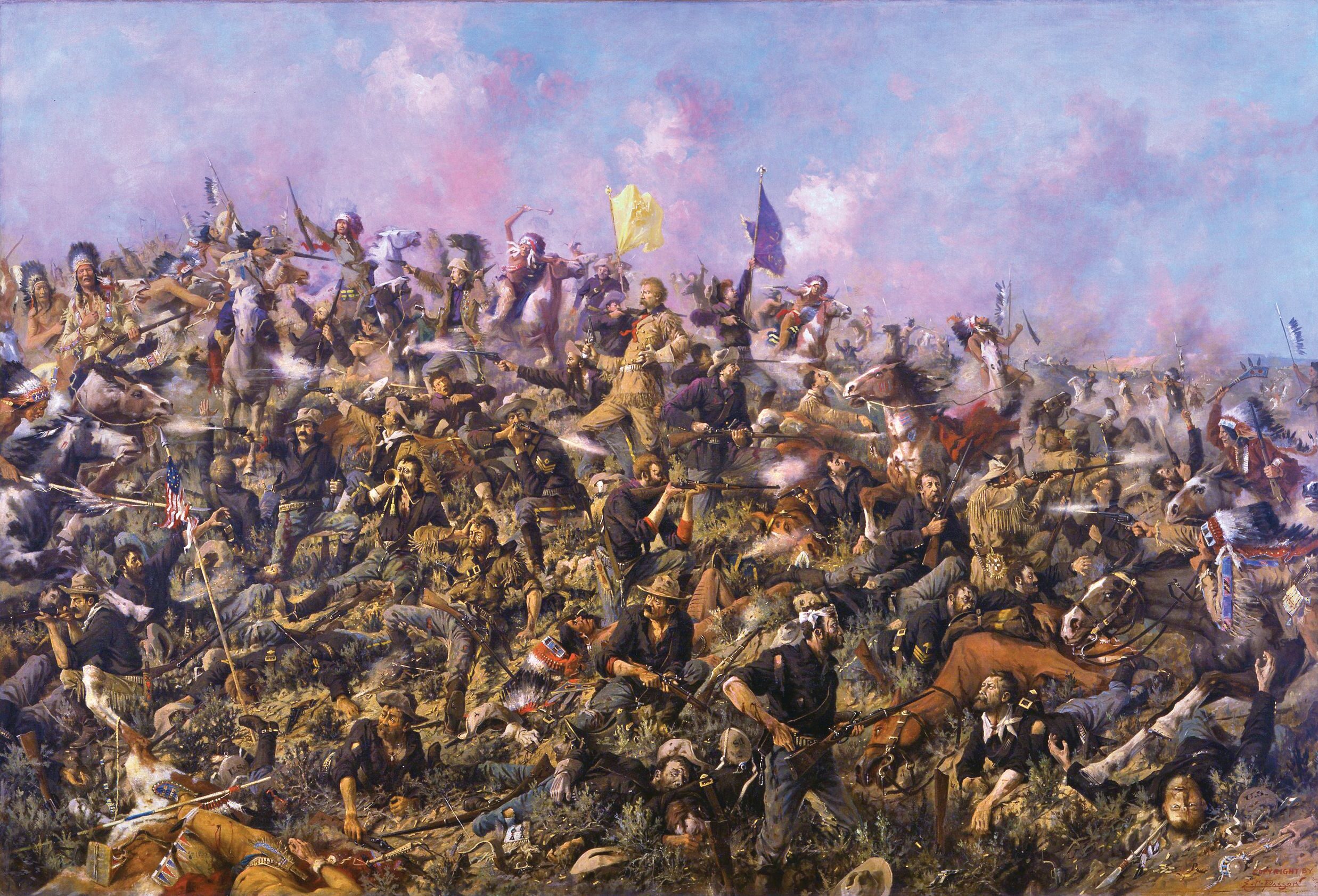

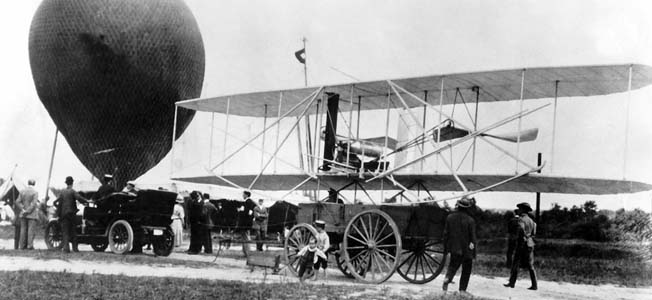
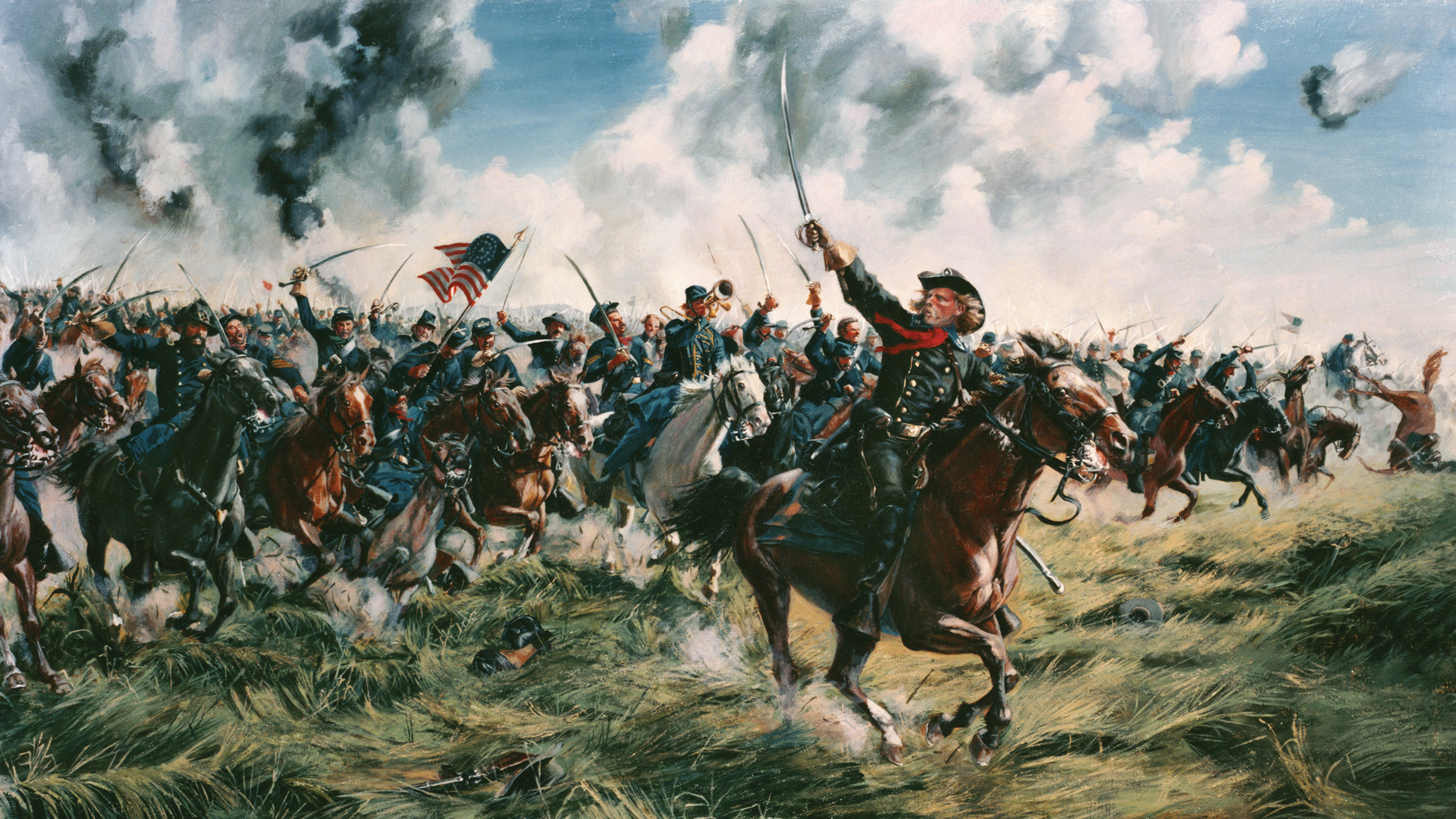
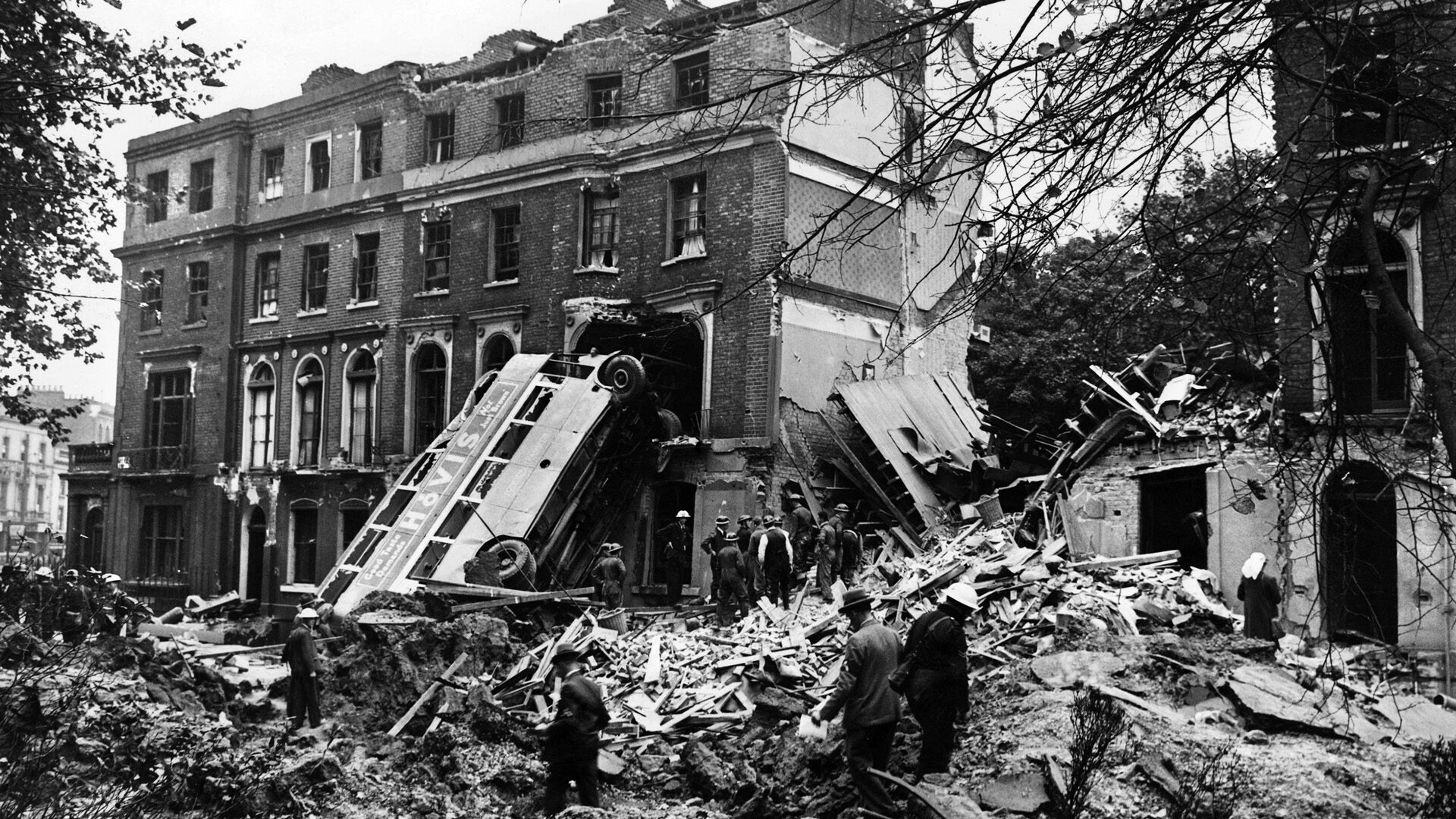
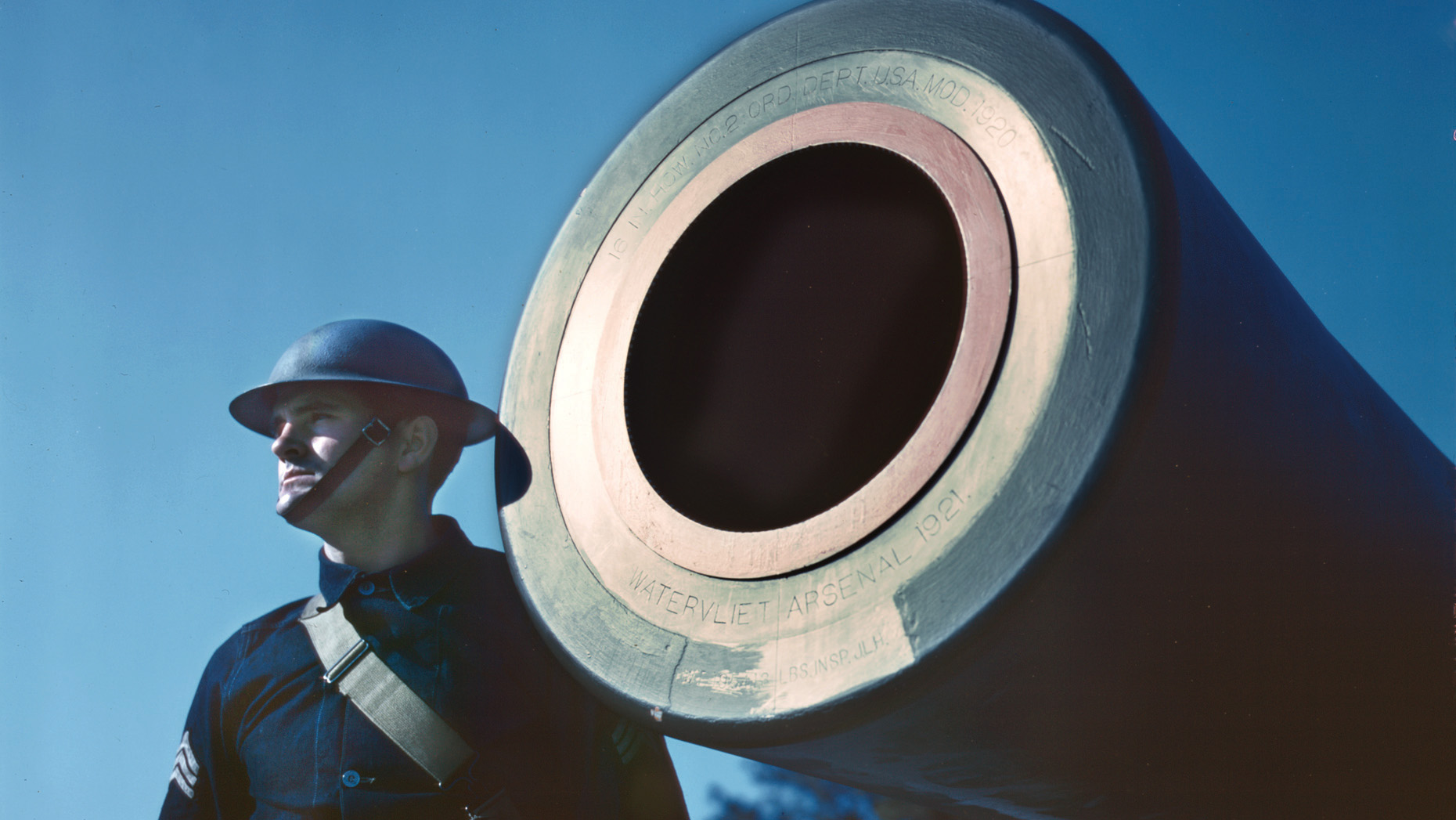
Join The Conversation
Comments
View All Comments